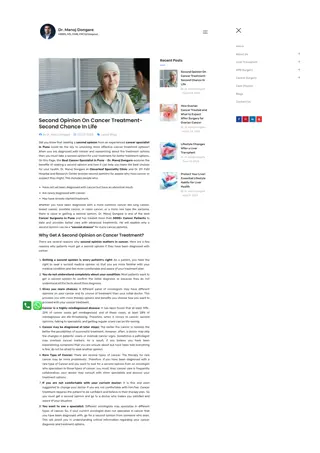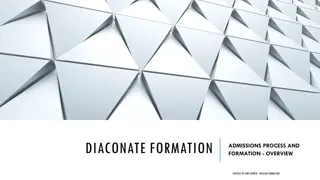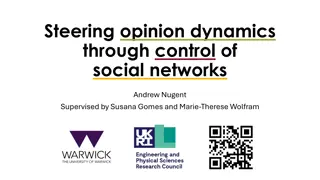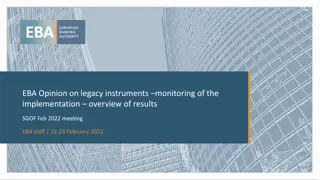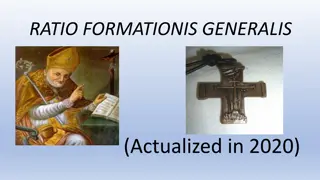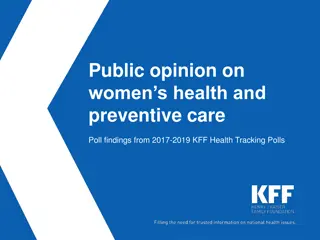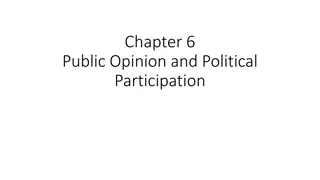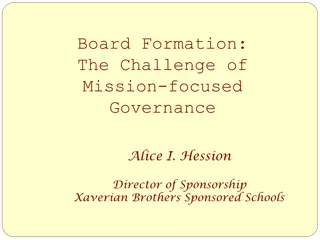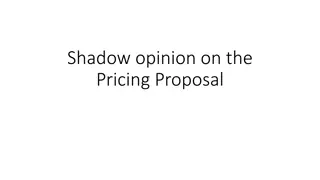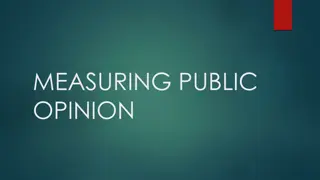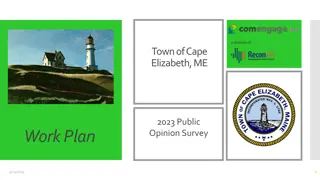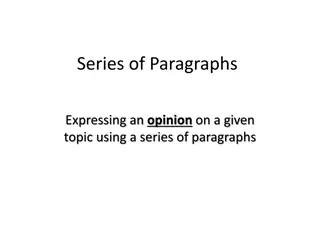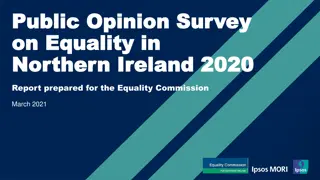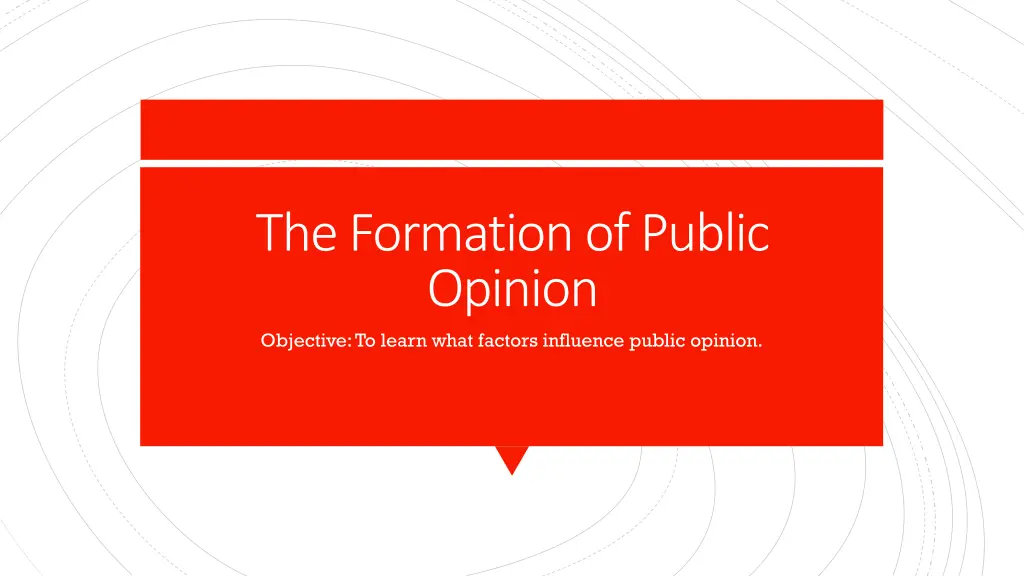
Factors Influencing Public Opinion Formation
Explore the factors influencing public opinion formation, including the role of family, school, mass media, peer groups, opinion leaders, and historic events. Understand how public affairs, politics, and public policies shape public opinions through various societal influences.
Download Presentation

Please find below an Image/Link to download the presentation.
The content on the website is provided AS IS for your information and personal use only. It may not be sold, licensed, or shared on other websites without obtaining consent from the author. If you encounter any issues during the download, it is possible that the publisher has removed the file from their server.
You are allowed to download the files provided on this website for personal or commercial use, subject to the condition that they are used lawfully. All files are the property of their respective owners.
The content on the website is provided AS IS for your information and personal use only. It may not be sold, licensed, or shared on other websites without obtaining consent from the author.
E N D
Presentation Transcript
The Formation of Public Opinion Objective: To learn what factors influence public opinion.
Public opinion refers to a complex collection of the opinions of many different people. Different Publics Each group of people with a different point of view is a separate public. Public opinion includes only those view that relate to public affairs. What is Public Opinion Public affairs include politics, public issues, and the making of public policies. Public opinion can be describe as those attitudes held by a significant number of people on matters of government and politics.
Every person learns out political opinions from many factors. Two of the most important factors are family and school. Children first see the political world from within the family. Family and School This allows children to lay some foundations on which they will later build their political opinions. Schools teach children the values of the American political system. They work to instill a sense of loyalty to a particular cause or idea. A good deal of informal learning occurs among individuals and groups from within the school system.
Mass Media those means of communication that reach large, widely disperse audiences simultaneously. This includes newspapers, magazines, radio, tv, and the Internet. Other factors Peer Groups people with whom one regularly associates like friends, classmates, co-workers, etc. Belonging to a peer group usually reinforces what a person has already come to believe (groups usually have similar views).
Opinion leaders any person who has an unusually strong influence on the views of others. Examples are doctors, lawyers, teachers, ministers, etc. Opinion leaders are people whom others listen and from whom others draw ideas and convictions. Continued Historic events These can have a major impact on the views of people. Example would be 9/11 and the onset of the global war on terror. Others include the Great Depression, World War II, and the 1960s and 1970s.

